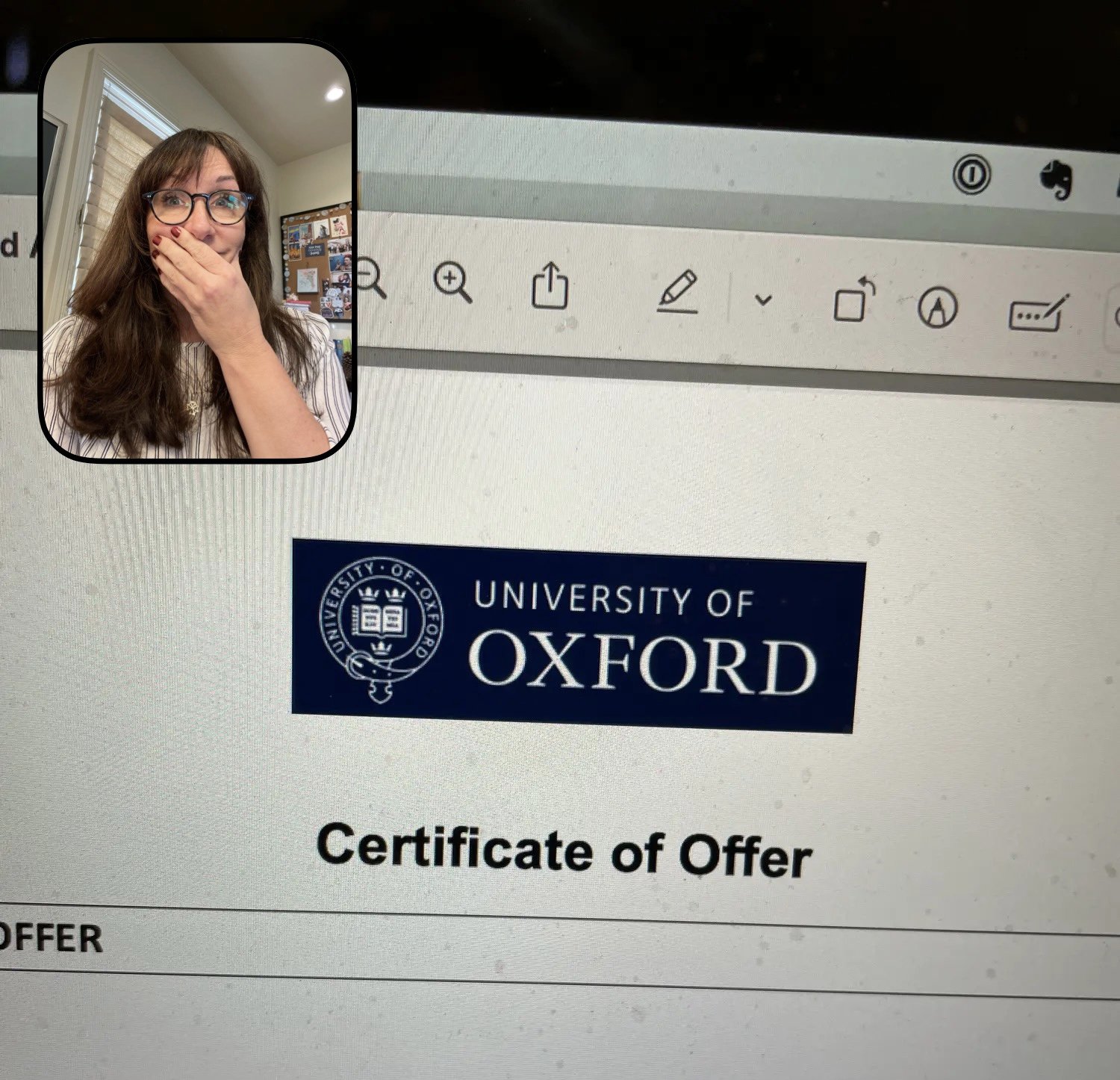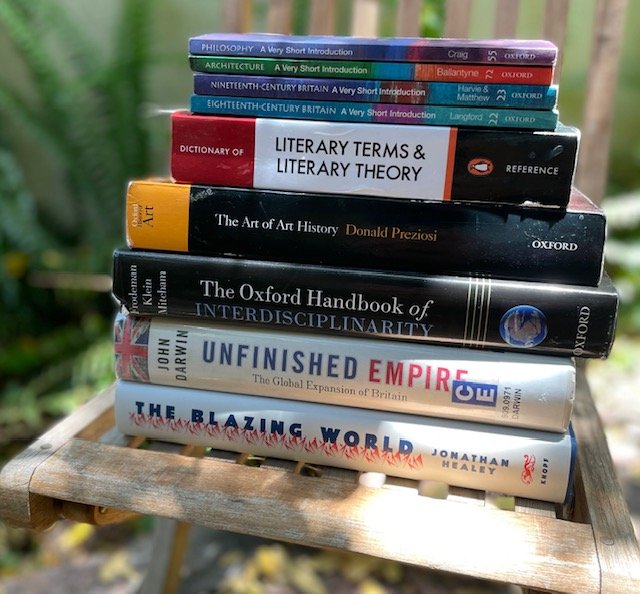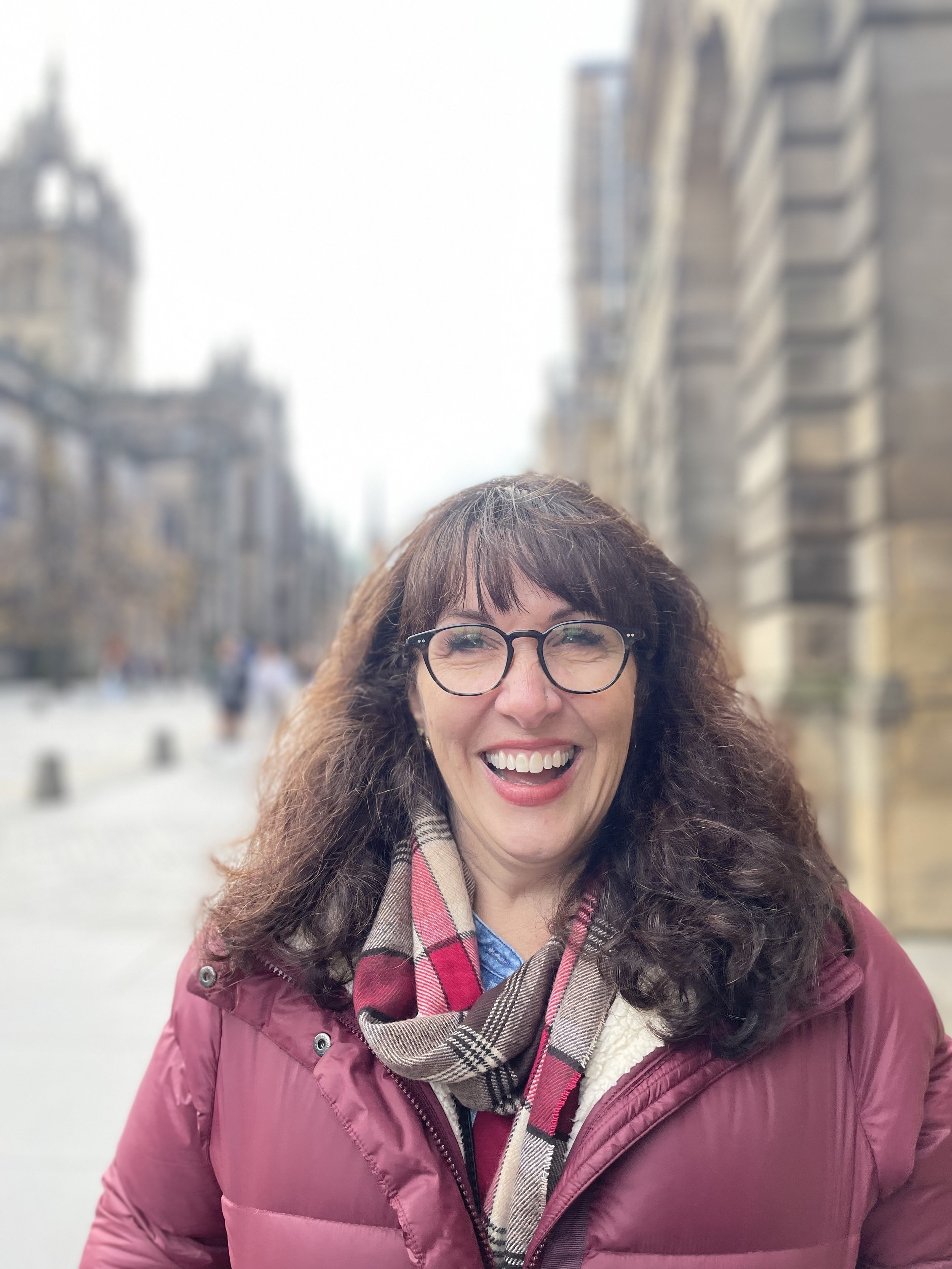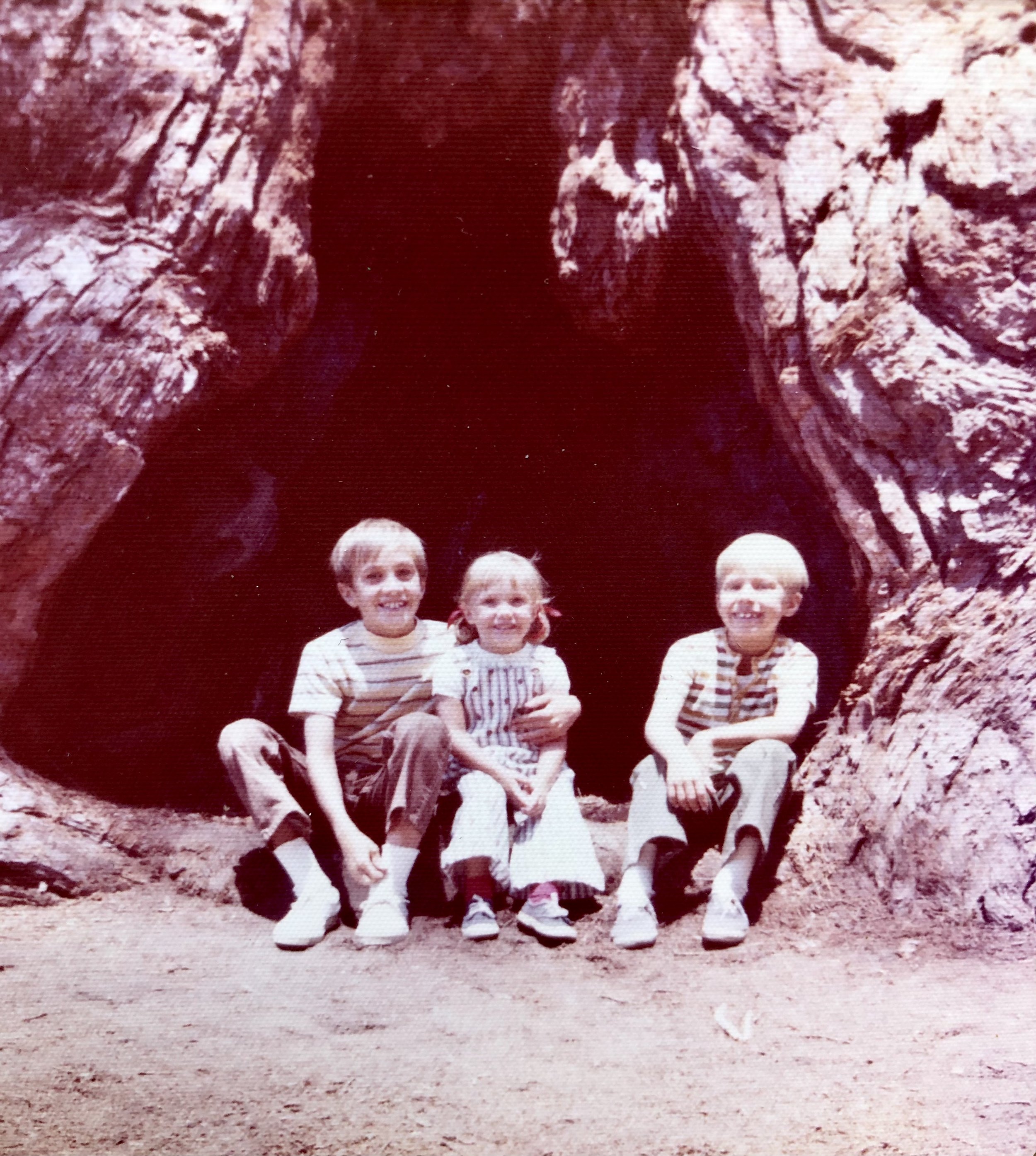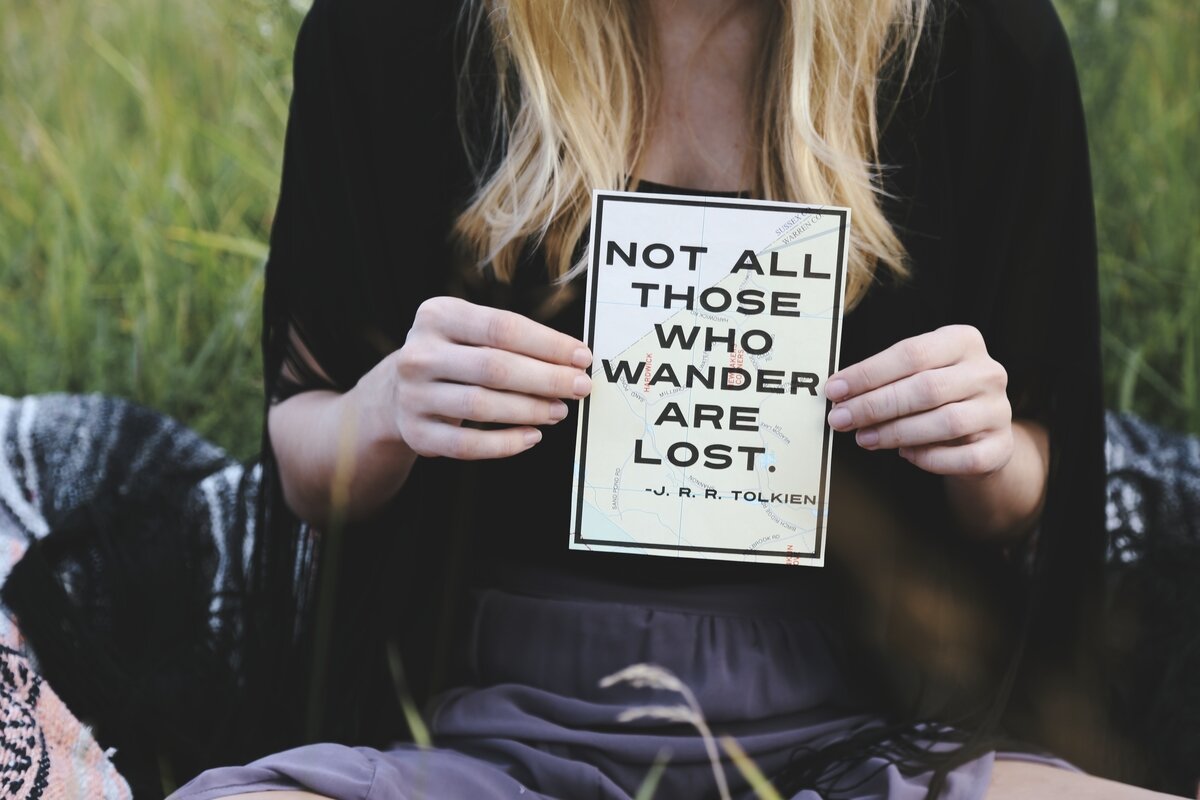Go back briefly with me to the spring of 1992. Married for just over 9 months, I stood graduating with a bachelor’s degree that would be used mildly in its specificity, but broadly in its influence on my life and the education of my children. The plan was to pursue a master’s degree after Fletch finished dental school, but by then we were raising two little boys and hoping to have more.
The story gets complicated from here — deep dives into religiosity and an emphasis on playing by the rules of a narrow and extra-Biblical paradigm. For a decade, our lives were bound by what we were being told within that legalistic community, but there were nudges and gentle reminders and really loud wake-up calls that finally moved us out of the weird worlds of homeschool-only, big family, one-way-to-do-life Evangelicalism. Thank God.
I spent 25 years homeschooling our 8 to one extent or another, and I loved most of it. I mean, there were days I wanted to walk out the door and sit poolside with a margarita, but that’s indicative of the long range of any career.
And then the timing was right. Our youngest two (now 16 and 15) are in high school, and I have worked myself out of homeschooling. The potential for a new path suddenly opened up and here I am, at 52 years old, heading to graduate school in October.
I was accepted by the University of Oxford. It wasn’t out of the blue by any means, but it still stunned me the morning the email arrived and I spent that week tripping through my disbelief. My plan at this point in the journey is to record the next two years of this experience here, and I’d love for you to come along.
HOW IT STARTED
It started with a search for courses that could help me boost my experience in literary analysis and theory, which led me to Oxford’s Continuing Education offerings. As I read the site, I quickly realized that I could eventually apply to a master’s program there, but that I needed to make sure this was a school and department I really wanted to be a part of. Both my late brother and a dear friend who chairs the art department at a prestigious university encouraged me to think about where I wanted to be—a master’s program needs to fit you, the student, as much as you need to be a good fit for the program.
After four literature courses, I knew the Master of Studies in Literature and Arts was a program I was highly interested in and probably well-suited for.
How it’s going
Along the way, I’ve had cheerleaders. Don’t minimize the impact of friends and family who will be there to encourage you when the reading is overwhelming and the essay is due. In my case, I married a guy who told me that I’d given 30 years serving our family and now it’s my turn to follow my passion. He even told me I should consider moving away for the year if I needed to—lots of couples live apart to accomplish a short-term goal and he wanted me to be able to dive in unencumbered. I chose a two-year part-time program that requires me to be at the university several times a year, but I’ll be studying from home where I can stay close to a few high schoolers who still need their mom.
There’s a lot more to say about the process, from coursework to passing points/grades to applications and interviews. If you’re planning on applying to grad school as an older or returning student, I’m happy to share. In the meantime, I’m reading a wide variety of books, from those I don’t think I’ll have time for over the next two academic years to those I think might help me as a grad student. If you are a grad or doctoral student, drop me your hints in the comments, please!
Radcliffe Camera, Oxford - Oct 2006, wikicommons
Want to read Anna Karenina with me this summer? I’m offering a free online book club for anyone who would like to tackle Tolstoy. You can send me an email to join the group here.
Until next time,
Kendra
